Calories in Yogurt, vanilla or lemon flavor, nonfat milk, sweetened with low-calorie sweetener, fortified with vitamin D
112 calories
Serving Size 1.5 container (6 oz) (about 255 g)
There is no photo available for this food item however it should be similar in terms of nutritional content and calorie density as the following items. You can use these for references.
(95% similar)
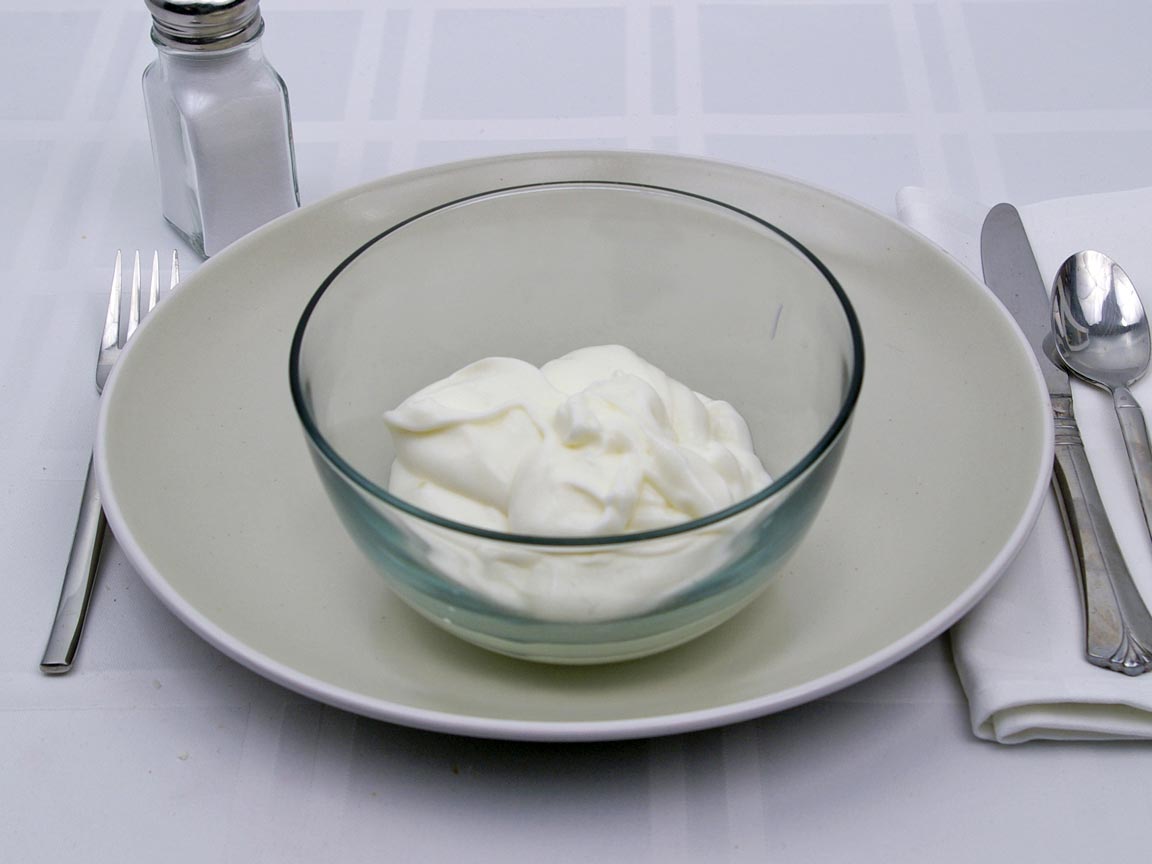
Yogurt - Plain - Non Fat
(95% similar)
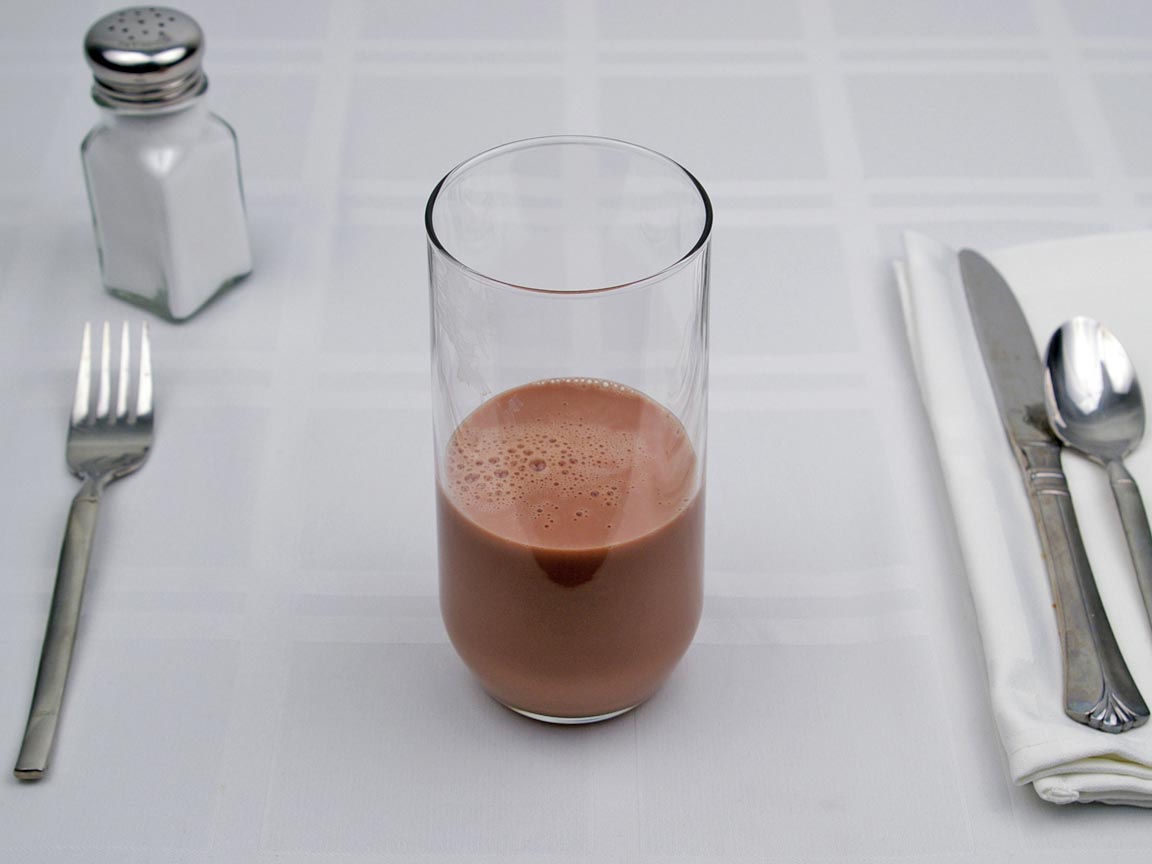
Ovaltine Chocolate - 8 fl oz Non Fat milk
(92% similar)
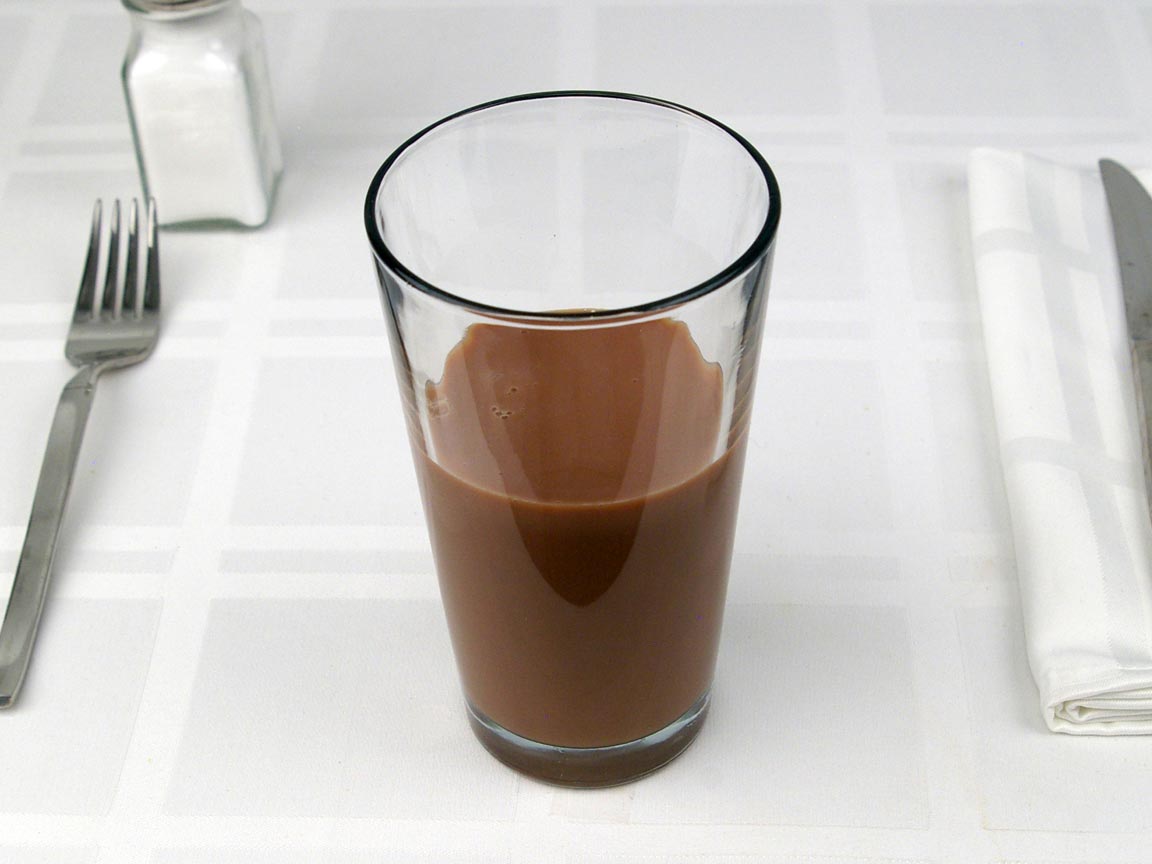
Starbucks Mocha Latte Nonfat - Short/Tall
(92% similar)
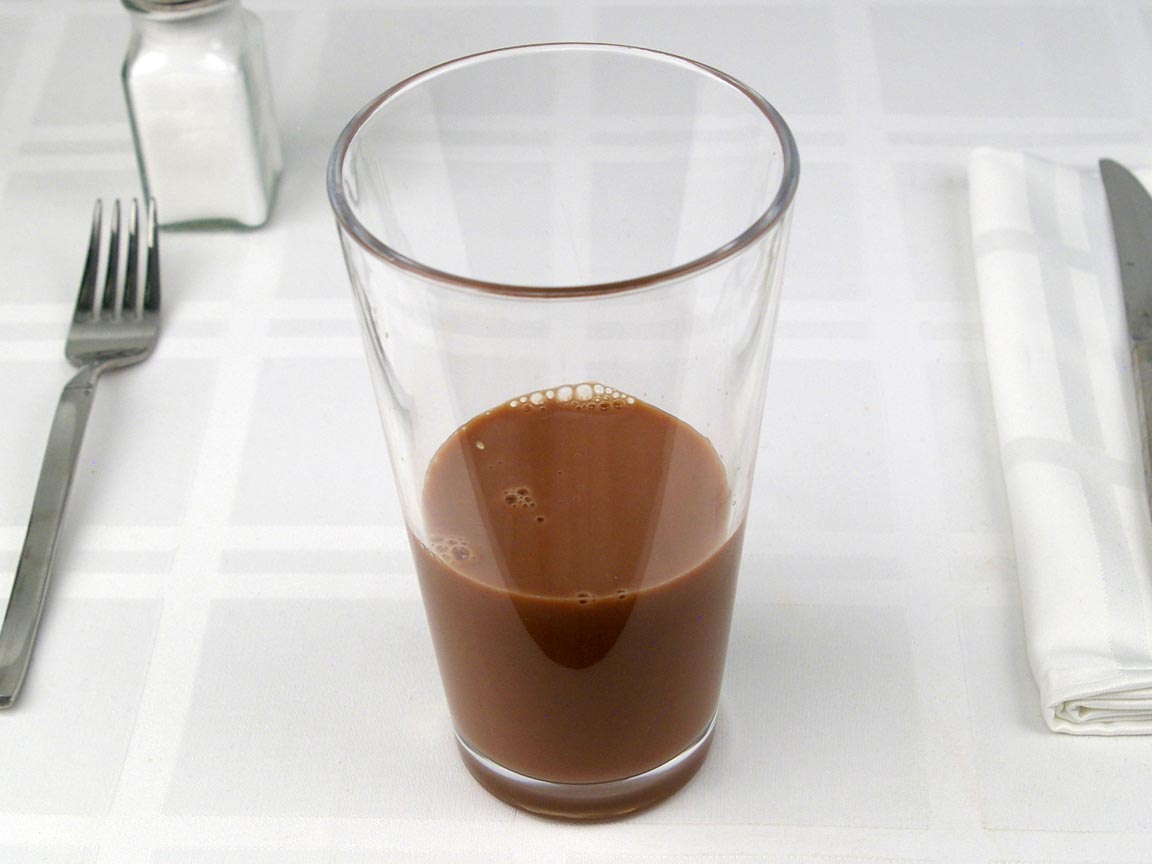
Starbucks Mocha Latte Nonfat - Grande/Venti
(90% similar)
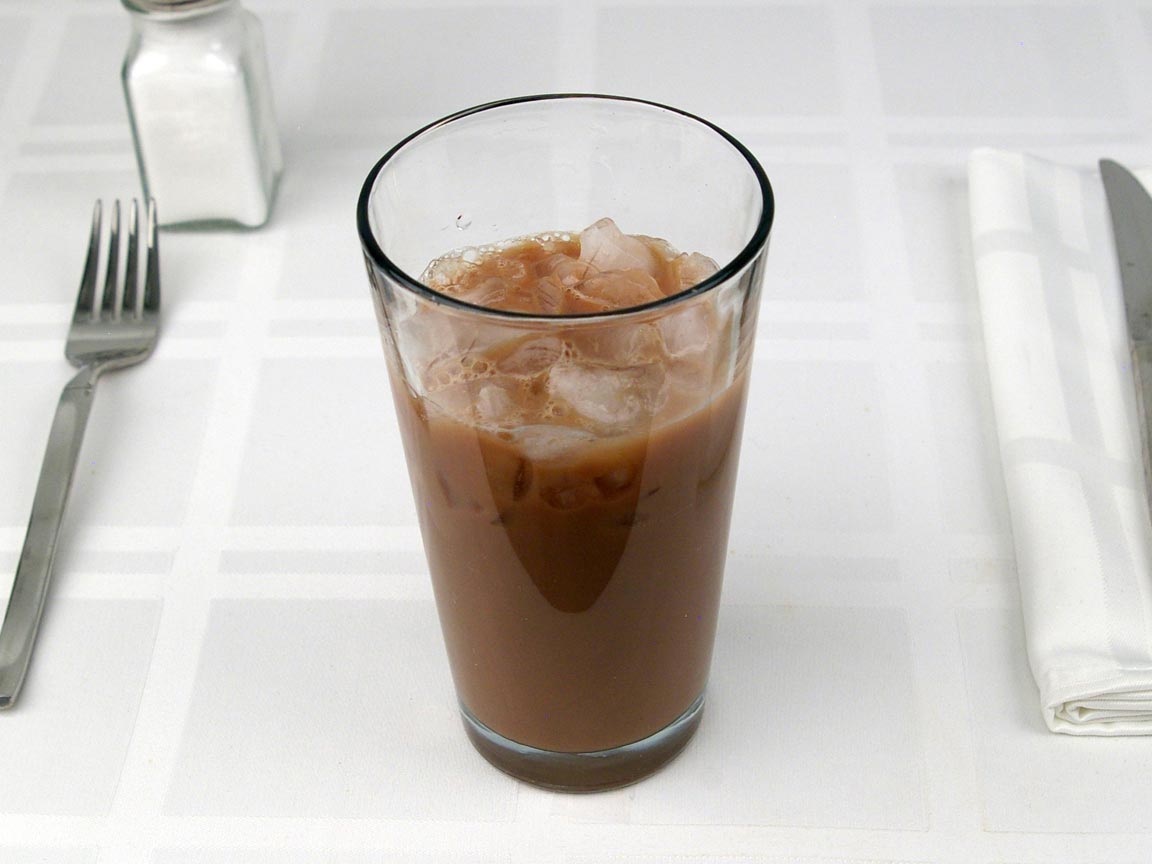
Starbucks Iced Mocha Latte Nonfat - Tall
(88% similar)

Yogurt - Plain Low Fat
Serving Size 1.5 container (6 oz) (about 255 g)
| Amount Per Serving | ||
|---|---|---|
| Calories 112 | Calories from Fat 4 | |
| % Daily Value* | ||
|
Total Fat
0 |
0 |
|
|
Saturated Fat
0 |
0 |
|
|
Trans Fat
0 |
||
|
Cholesterol
5 |
2 |
|
|
Sodium
150 |
6 |
|
|
Total Carbohydrate
19 |
6 |
|
|
Dietary Fiber
0 |
0 |
|
|
Sugars
19 |
||
|
Protein
9 |
||
* Percent Daily Values are based on a 2,000 calorie diet. Your daily values may be higher or lower depending on your calorie needs.
Available portions
Food analysis
Low In Fat
Low Calorie Density
High In Sugar
There is 112 calories in 255 grams of Yogurt, vanilla.
With 40 calories per 100 grams, this food would be considered a Low calorie density food.
A Low calorie density usually indicate that you can consume a larger amount of food with less calories and are usually good choices when dieting.
Yogurt, vanilla is High in carbohydrates, Medium in proteins and Very Low in fats. You can look at the macronutrients graph below for a detailed ratio.
With 7 grams of "Net carbohydrates" per 100 grams,
it must be consumed with moderation if you are following a Keto or Ketosis diet.
Related Searches
vitamin
fortified
sweetener
low-calorie
with
sweetened
milk
nonfat
flavor
lemon
vanilla
yogurt
Macronutrients split
70.0% Carbohydrates
0.0% Fats
Nutrients and how much we eat of it play an important role on our health and body composition. To learn more on theses, check our blog posts on Proteins, Carbohydrates and Fats.